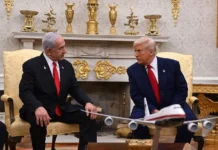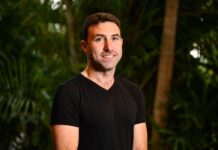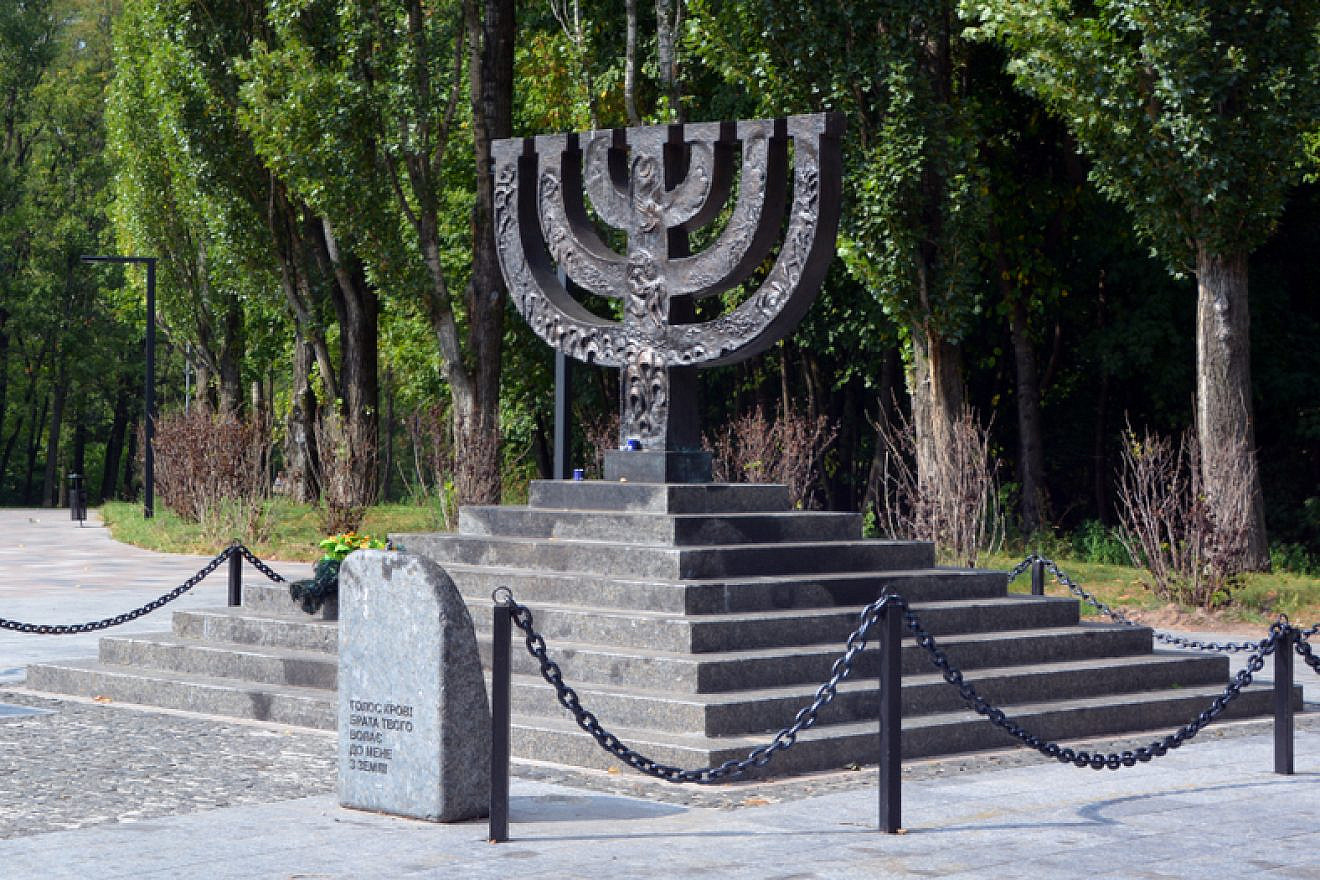The English word “holocaust” is borrowed from the Latin word holocaustum, used in the Latin translation of the Bible. This word is based in turn on a Greek word that means “burned whole” or “burnt offering.” In English, holocaustum was first used by an English chronicler of the second half of the 12th century—the monk Richard of Devizes—in order to describe an anti-Jewish pogrom that began in London after the coronation of Richard the Lionheart on Sept. 3, 1189. Some 750 years later, the Nazis decided to “burn” the Jews of Europe.
On the evening of July 31, 1941, in a luxurious baroque mansion in the Schorfheide Forest north of Berlin, Hermann Goering, the Nazi’s commissioner for the “Jewish question,” signed an order for the “Final Solution of the Jewish question.” It had been brought to him by Gruppenführer Reinhard Heydrich, the first deputy reichsführer of the SS. In 1961, Adolf Eichmann testified at his trial in Jerusalem that, in early August 1941, Heydrich summoned him, showed him a document signed by Goering and said: “The Führer has given orders for the physical extermination of the Jews.”
On Sept. 3, 1941, the first murders took place in the gas chambers of the Auschwitz-Birkenau camp. On Sept. 29, 1941, mass shootings of Jews began at Babi Yar in Kyiv, Ukraine.
The Holocaust unites Jews because it is a tragic demonstration of their national and religious commonality. Jews speak dozens of languages, but what they have in common is the “language” of the Holocaust—a reminder of their common fate. The Holocaust continues to affect the entire Jewish people to this day. Professor Sergio Della Pergola of the Hebrew University in Jerusalem, a specialist in Jewish demography, believes that if the Holocaust had not happened, the number of Jews in the world would now be between 26 million and 32 million.
Kyiv has fertile soil. Everything grows well in it, including antisemitism. In the ravine called Babi Yar, the soil was especially fertile. Everything that nature desired grew there. The women of Kyiv from time immemorial saw their husbands off to war from the site. Tears of grief mixed with the waters of the overflowing Dnieper. There was plenty of moisture in Babi Yar.
But woe to the Jews who wanted to live. The Nazis chose the largest and saddest ravine in Kyiv as the place of execution. Fifty years after the mass shootings, my landlord in Stuttgart, where I worked at the Max Planck Institute, told me that he had heard machine-gun bursts from Babi Yar. His wife recalled how he woke up from nightmares in which he heard the sound again, as well as shouts and prayers of “Shema Yisrael!” He would wake up, but my relatives would sleep there forever.
On Sept. 28, announcements in three languages—Russian, Ukrainian and German—were posted in the streets of Kyiv: “All Jews of Kyiv and its environs should come on Monday, Sept. 29, 1941, by 8 am to the corner of Melnikovskaya and Dochterevskaya (near the cemeteries). Take with you documents, valuables, as well as warm clothes and underwear and other things. Whoever of the Jews does not fulfill this order and is found elsewhere will be shot.”
The Jews believed they were going to be resettled, as there was a railroad freight station not far from the appointed place. Dozens of members of my family read this announcement. They packed their belongings and recited the Jewish traveling prayer, which included words addressed to God: “Save us from every enemy and ambush, from robbers and wild beasts on the trip, and from all kinds of punishments that rage and come to the world.”
But no one spared them from ambush, from robbers and from wild beasts. My grandmother’s brother was shot at Babi Yar in 1941, along with dozens of our family members. Unlike his relatives, he was not wounded. He crawled out of the moat of death and escaped.
As I grew up, I heard his stories. Often, he said, “Many Jews were killed, but because of these executions, even more Jews were not born.” When one honors the memory of the Jews who died in the Holocaust, one must be aware of the many millions of Jews who never existed at all because of the slaughter.
Twelve years before my scholarly visit to Germany, I repatriated to Israel. I chose Israel, a country of limited opportunities and unlimited dangers, a country of uncertain borders and certain enemies, a country of three seas and three deserts, standing at the crossroads of three continents, a country flowing with milk, honey and blood. Before leaving for Israel, I brought my 5-year-old son to Babi Yar. We came to say goodbye to those who could not leave with us.
























